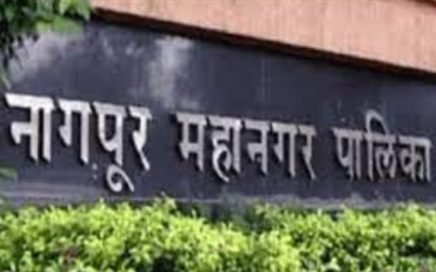
Nagpur: Public service often comes with a paradox, the more a minister works for change, the greater the resistance they encounter. Union Minister Nitin Gadkari, widely regarded as a no-nonsense administrator focused on development, has once again found himself at the receiving end of a life threat. On Sunday, an unidentified caller threatened to blow up his Nagpur residence. Though the call turned out to be a hoax, it sent security agencies into a frenzy and reignited questions about why even effective ministers face such dangers.
Gadkari’s work has earned him a reputation for driving progress, but change is rarely welcomed by all. Infrastructure reforms disrupt entrenched interests, and policies aimed at transparency often rattle power structures benefiting from inefficiency or corruption. For some, threats become a weapon to stall reforms and preserve the status quo.
In an era of deep political divides, ministers who strive for balanced policies often become targets of extremism from opposing ends of the spectrum. A strong moral stance on fairness and justice, while commendable, can trigger hostility from groups whose ideologies feel challenged. The rising toxicity of political discourse has created an environment where intimidation is used to silence voices pushing for inclusivity and progress.
In an increasingly polarized world, political discourse has become highly charged and divisive. Good ministers who strive for inclusivity and balanced policies may inadvertently become lightning rods for extreme factions on both sides of the political spectrum. The toxic environment created by political polarization fosters an atmosphere where life threats against ministers are seen as a means to silence dissenting voices or intimidate those seeking positive change.
Ministers, by virtue of their role, sacrifice personal privacy. Their constant visibility makes them accessible not only to the public but also to individuals with malicious intent. When policies provoke controversy, even for the right reasons, the person implementing them often becomes the target.
Taking on corruption and criminal networks
Efforts to enforce accountability and dismantle illegal systems put ministers at odds with powerful vested interests. In these situations, threats are not just symbolic but also strategic, meant to discourage action against corruption.
For Gadkari, Sunday’s hoax call was not an isolated incident but a reminder of the risks that come with leadership rooted in change. Ensuring security for such public figures is critical, but so is addressing the culture of intimidation that undermines democratic progress. Until then, good ministers will continue to carry not just the weight of governance, but also the shadow of constant threat.














